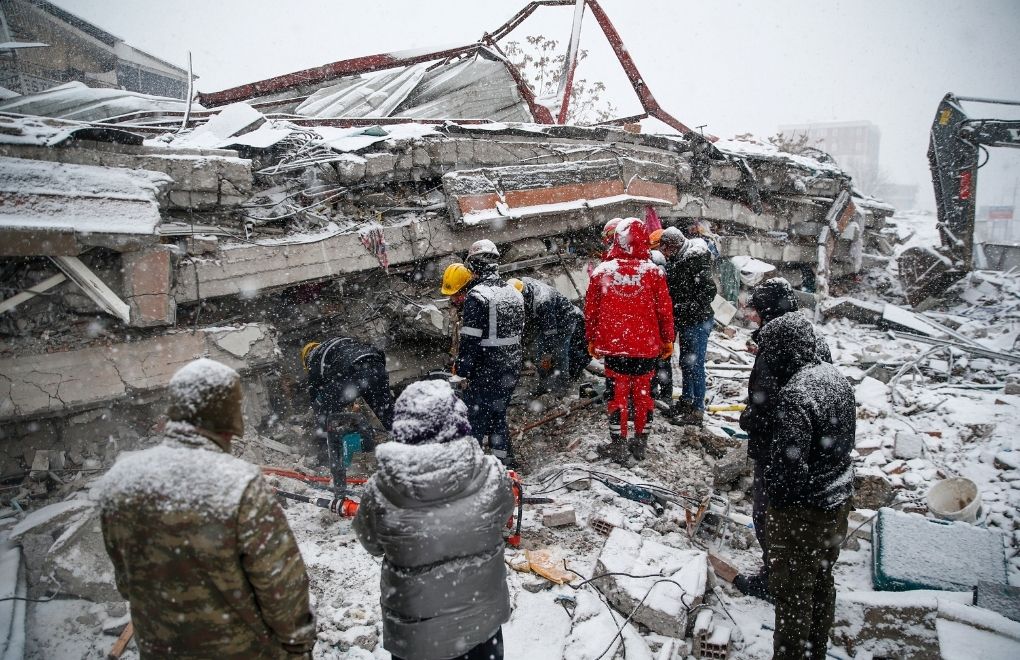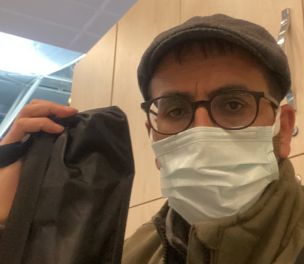Click to read the article in Turkish
The number of arrests in relation to social media posts about last month's earthquakes has risen to 43, the police announced today (March 13).
The police have identified 1,165 social media users and initiated legal action against 730 of them since the quakes, according to the statement.
As per chief prosecutors' orders, 173 people were detained, with courts arresting 43 of them.
Also, 81 websites set up for phishing attacks under the guise of collecting donations for earthquake survivors have been closed, the police statement further noted.
Social media restrictions after the quakes
Two days after the devastating earthquakes, the authorities restricted the bandwidth of Twitter for nearly an entire day. The restriction was lifted after widespread criticism that Twitter had an important role in rescue efforts, with many people under the rubble tweeting their locations to call for help.
According to what is known as the "social media law" enacted in 2020, the Information Technologies and Communications Authority (BTK) has the authority to restrict the bandwidth of social media platforms for 10 hours at times of "war, attacks, natural disasters and similar extraordinary situations."
For restrictions for over 24 hours, the agency needs a court order.
In October, the parliament enacted a sweeping law that would see those "spreading disinformation" sent behind bars for up to three years. The authorities have not disclosed how many of the detained and arrested people are facing "disinformation" charges over their posts about the quakes.
On February 6, two earthquakes with a magnitude of 7.7 and 7.6 struck the southern city of Maraş.
The quakes caused destruction in 10 cities in Turkey's south and southeast, as well as Syria's northern parts, where over 5,000 people were killed.
The official death toll from the quakes stands at over 48,000 and is expected to increase further, as over 227,000 buildings were completely destroyed or severely damaged, according to government figures. (ME/VK)





.jpg)
as.jpg)

.jpg)

